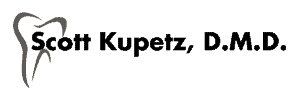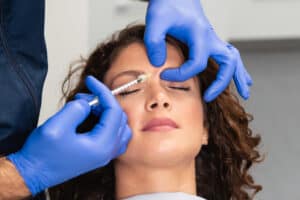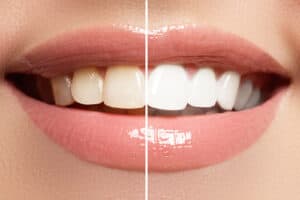During a visit to the dentist, you or a family member may have been told that you have a crossbite, but what does that actually mean? Crossbites usually present themselves during childhood but if they are not properly corrected, can continue into adulthood and can cause some serious health effects including jaw pain, receding gums, and loose teeth.
What is a Crossbite?
Crossbite is “an abnormal relation of one or more teeth of one arch to the opposing tooth or teeth of the other arch, caused by deviation of tooth position or abnormal jaw position.” This simply means an abnormal bite. When your two rows of teeth don’t meet correctly, it is considered a crossbite and is something that needs to be corrected by your dentist. This problem can occur due to heredity and genetics, or can be situational. It is found that excessive thumb sucking or pacifier sucking can also cause a crossbite due to the action deforming the upper jaw.
There are Different Types of Crossbites:
- Anterior – Similar to an underbite, when your top front teeth fall behind your lower front teeth when you bite down.
- Posterior – When your upper teeth fall inside your lower teeth on one side when you bite down.
Effects of Incorrect Bite
An incorrect bite such as a crossbite will not only cause dental problems but can also lead to health problems. Crossbite can lead to:
- tooth decay
- tooth loss
- gum disease
- receding gums
- extra stress on the jaw muscles causing intense jaw pain
- teeth grinding
- and can even cause the face to appear asymmetrical due to abnormal growth.
If properly treated by a dentist at a young age before the growth of the jaw is completed, all of these negative effects can be prevented and the best results can be expected.
Treatment and Correction
Each crossbite case will be different and will require different treatments for correction but some of the most common include: maxillary expander, removable expander, braces, and in more serious cases surgery may be necessary. Often times dentists will recommend a combination of expanders and braces will be done so that everything is spaced and aligned properly. Since all cases are unique on a patient to patient basis, it is best to consult your dentist to come up with a treatment plan that is best for you.
Filed Under: Best Way To Floss






